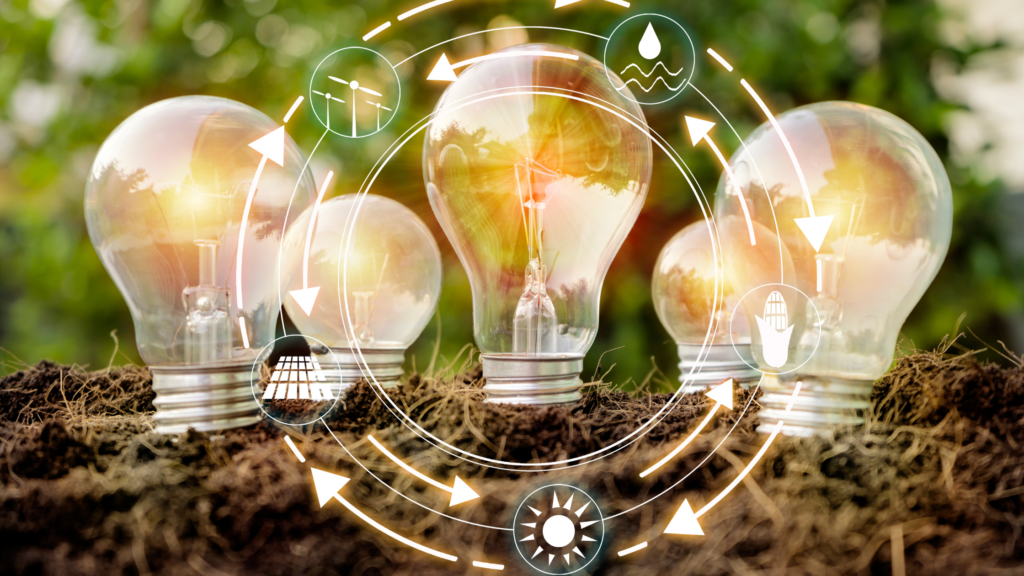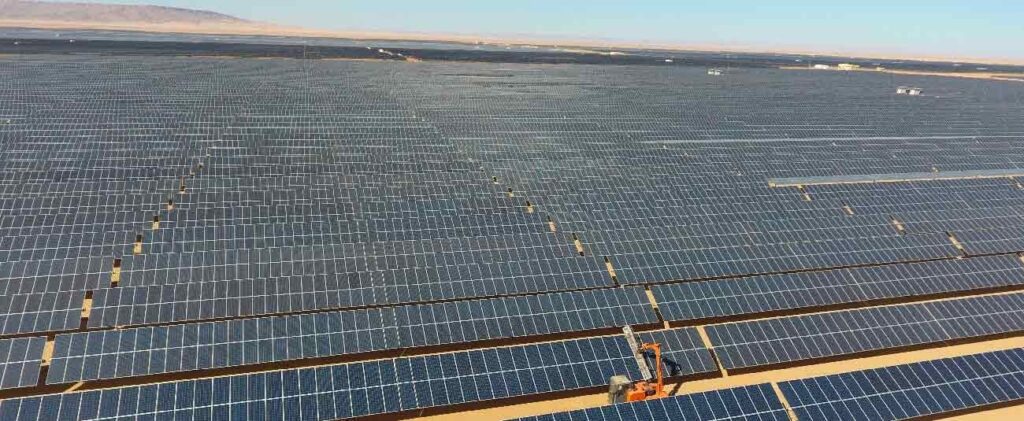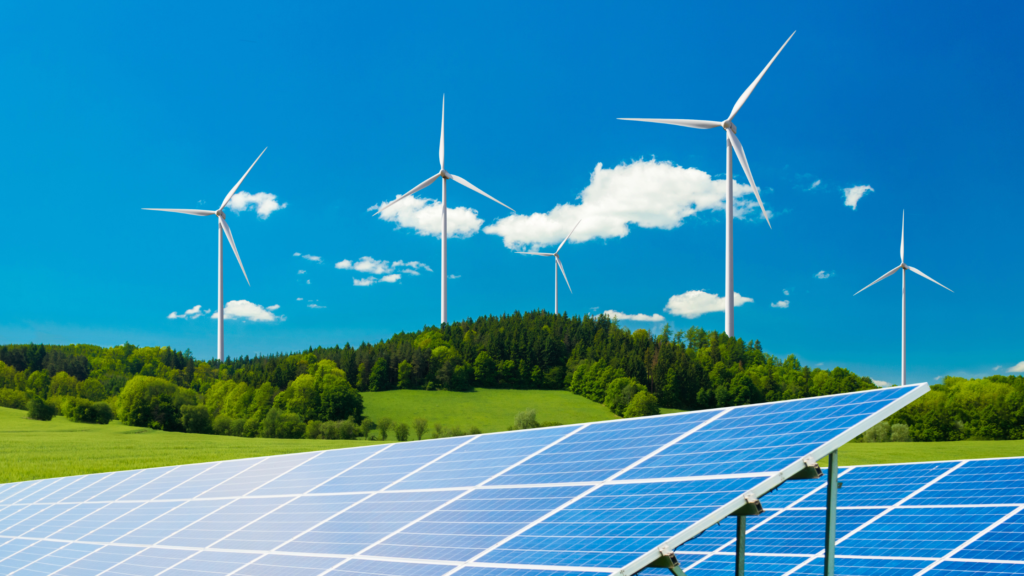Access to clean energy is a critical component of sustainable development, particularly in developing regions where energy poverty remains a significant challenge. By financing clean energy projects, we can promote economic growth, improve public health, and reduce environmental impact. For organizations like Bottom Billion Corporation (BBC), investing in clean energy aligns with their mission to support high-risk projects and empower underserved communities. This article explores the importance of clean energy financing, key strategies for implementation, and real-world examples that highlight the transformative potential of clean energy investments.
The Importance of Clean Energy Financing

Clean energy is vital for addressing climate change, enhancing energy security, and fostering sustainable development. Financing these energy projects in developing regions is essential for several reasons:
- Reducing Energy Poverty
Millions of people in developing regions lack access to reliable and affordable energy. Energy projects, such as solar and wind power, can provide off-grid solutions that bring electricity to remote areas, improving the quality of life and economic opportunities. - Mitigating Climate Change
Investing in renewable energy sources helps reduce greenhouse gas emissions, mitigating the impact of climate change. By transitioning to clean energy, developing regions can contribute to global efforts to limit temperature rise and protect the environment. - Enhancing Economic Growth
Clean energy investments create jobs, stimulate local economies, and attract further investment. Developing regions can benefit from the economic opportunities associated with building and maintaining renewable energy infrastructure. - Improving Public Health
Traditional energy sources, such as coal and biomass, contribute to air pollution and associated health problems. These alternatives reduce pollution, leading to better health outcomes and reduced healthcare costs.
Key Strategies for Financing Clean Energy Projects
To effectively finance clean energy projects in developing regions, it is essential to adopt strategies that address financial barriers and promote sustainable practices. Key strategies include:
1. Public-Private Partnerships (PPPs)
PPPs combine the strengths of public and private sectors to finance, build, and operate clean energy projects. These partnerships can mobilize additional resources, share risks, and ensure long-term sustainability. Successful PPPs require:
- Clear Regulatory Frameworks: Establishing policies and regulations that support private investment in clean energy.
- Financial Incentives: Providing subsidies, tax breaks, or grants to attract private sector participation.
- Stakeholder Engagement: Involving local communities, governments, and businesses in project planning and implementation.
2. Green Bonds and Climate Funds
Green bonds and climate funds are innovative financial instruments that raise capital for energy projects. These instruments provide investors with an opportunity to support sustainable initiatives while earning returns. Key elements include:
- Transparent Reporting: Ensuring that funds are used for designated green projects and providing regular updates on project performance.
- Strong Governance: Implementing robust oversight mechanisms to ensure accountability and effectiveness.
- Market Development: Promoting awareness and understanding of green bonds and climate funds among investors and issuers.
3. Microfinance for Clean Energy
Microfinance institutions can play a crucial role in financing small-scale clean energy solutions, such as solar home systems and clean cookstoves. By providing microloans to households and small businesses, microfinance can enhance energy access and promote sustainable development. Effective microfinance strategies include:
- Tailored Financial Products: Designing loan products that meet the specific needs of clean energy users.
- Capacity Building: Providing training and support to borrowers to ensure successful adoption and use of clean energy technologies.
- Partnerships with Energy Providers: Collaborating with clean energy companies to offer bundled financing and technology solutions.
Success Stories in Clean Energy Financing
Several initiatives worldwide demonstrate the transformative impact of clean energy investments in developing regions.
M-KOPA Solar
M-KOPA Solar is a leading provider of pay-as-you-go solar energy solutions in East Africa. By offering affordable solar home systems financed through mobile payments, M-KOPA has brought clean energy to over 750,000 households, reducing reliance on kerosene and improving living standards.

Grameen Shakti
Grameen Shakti, a subsidiary of Grameen Bank in Bangladesh, focuses on promoting renewable energy solutions, such as solar home systems, biogas plants, and improved cookstoves. Through microfinancing and community-based approaches, Grameen Shakti has installed over 1.8 million solar home systems, significantly enhancing energy access in rural areas.



The African Development Bank’s (AfDB) Desert to Power Initiative
The AfDB’s Desert to Power initiative aims to harness the vast solar potential of the Sahel region to provide electricity to 250 million people. By leveraging public and private investments, the initiative seeks to install 10 gigawatts of solar power capacity, fostering sustainable development and economic growth in the region.
Financing clean energy in developing regions is a vital strategy for driving sustainable development and empowering communities. By adopting strategies such as public-private partnerships, green bonds, climate funds, and microfinance, we can overcome financial barriers and promote the widespread adoption of renewable energy. Success stories like M-KOPA Solar, Grameen Shakti, and the AfDB’s Desert to Power initiative highlight the transformative potential of clean energy investments. For organizations like Bottom Billion Corporation (BBC), aligning with clean energy initiatives supports their mission to promote sustainable development and empower underserved communities. By prioritizing clean energy financing, we can create a cleaner, healthier, and more prosperous future for all.

